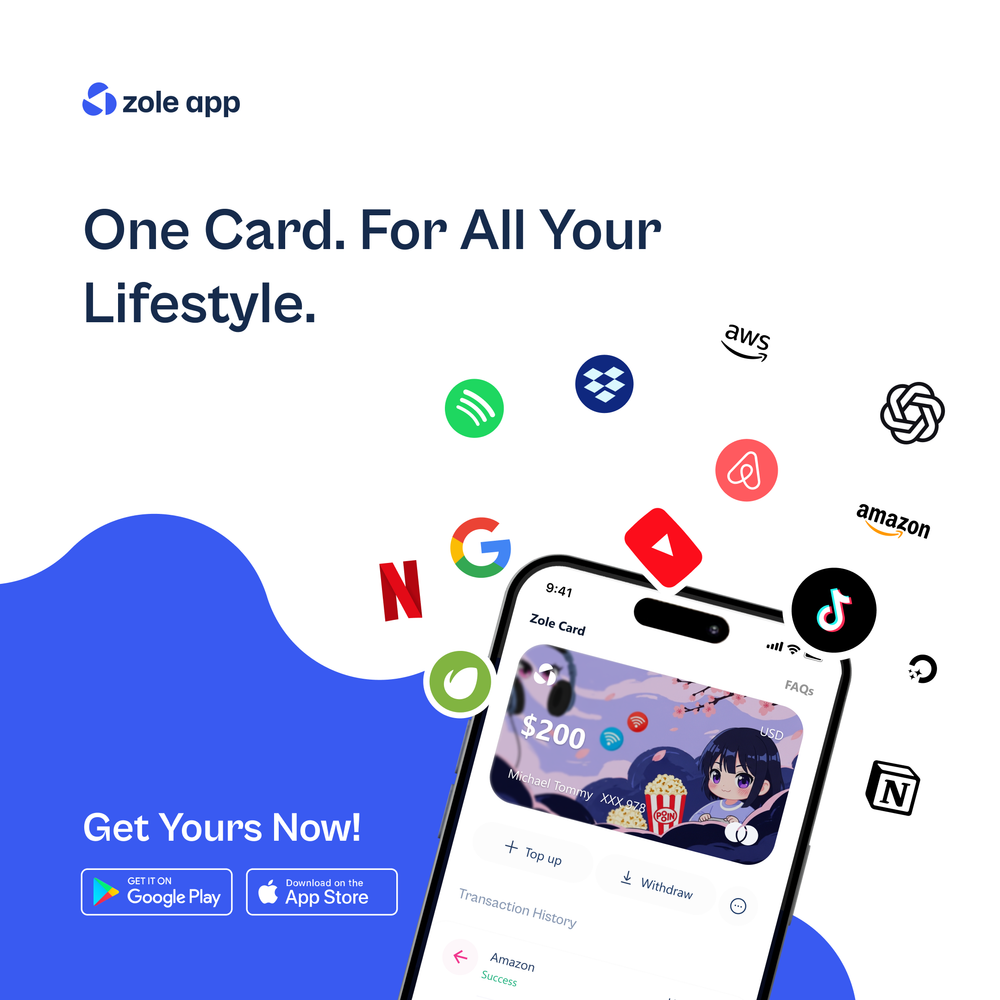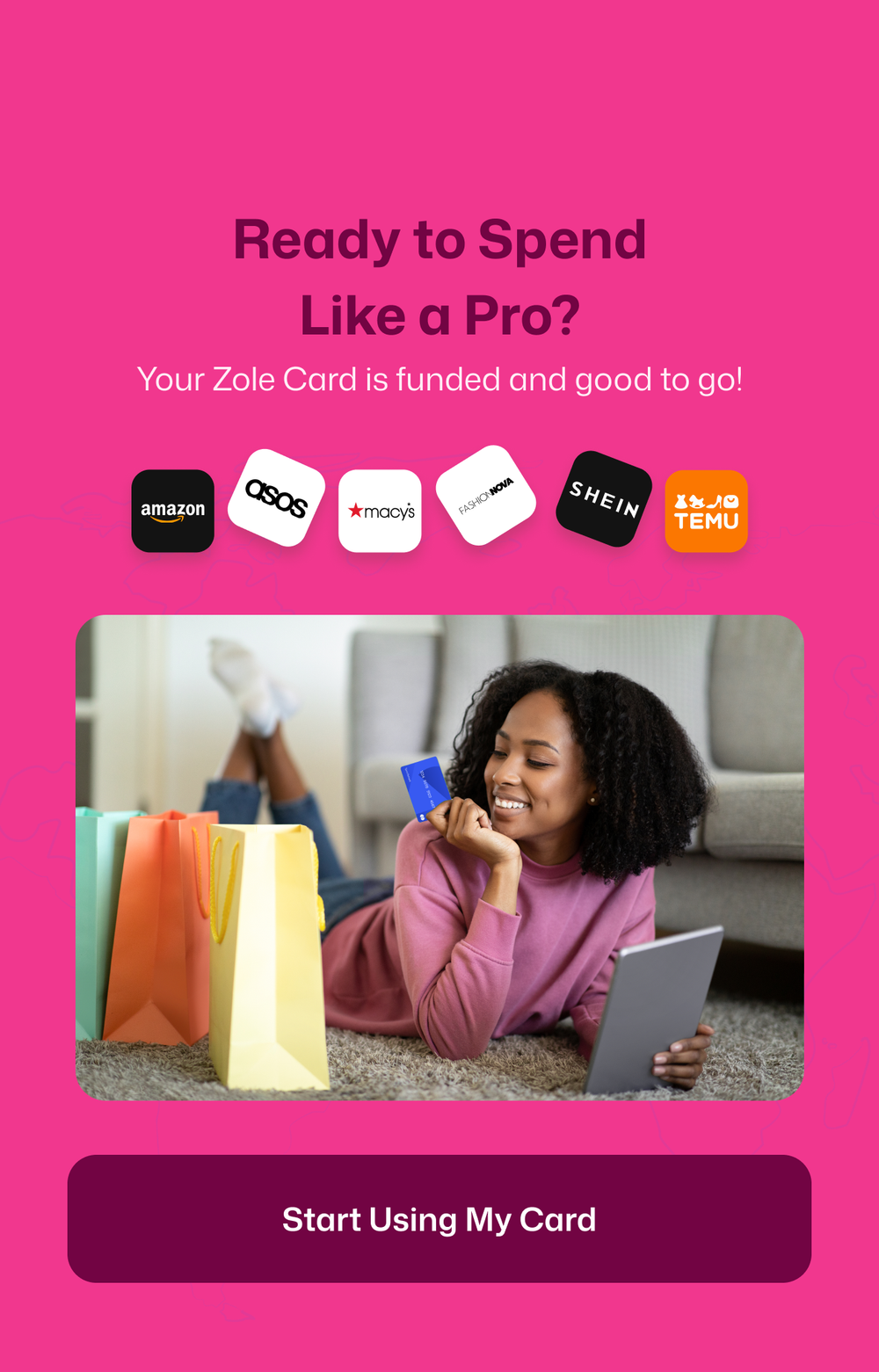She Wanted to Be a Hacker. Lagos Had Other Plans. Today, She’s a Software Engineer in Canada’s Tech Scene.

Most kids who watched Spy Kids came away wanting the gadgets, the sunglasses, maybe the jetpacks. Blossom Babalola? She wanted the hacking.
“I’ve always wanted to work with computers because the movies we watched growing up—we didn’t even watch a lot of movies, but the one we did watch almost every holiday was Spy Kids, all of the franchise. I just enjoyed watching those kids doing what felt like hacking, building all these computers and stuff. And I knew I wanted to become a hacker.”
There was just one small problem: Hollywood never explained how to actually become a hacker in Lagos. Blossom had to figure that part out for herself.
She didn’t get into Nigeria’s famous NIIT training center. She sat through years of theoretical computer science classes that wanted her to memorize Fortran history. She stayed up at 3 a.m. for meetings when she first moved abroad. And when everyone told her to take a survival job in Canada, she refused.
Fast-forward to today: Blossom is a front-end engineer at a Canadian e-commerce company, building systems that serve thousands of users. She got here through persistence, resilience, and just enough humour to laugh at the chaos along the way.
📌 What You’ll Learn in This Story
In Blossom’s journey from Lagos to Canada, you’ll discover:
- How a childhood dream of “hacking” turned into a real-world engineering career.
- Why an “ugly portfolio” mattered more than any résumé.
- The struggles of Nigerian computer science education and how she hacked around them.
- What she learned building fintech products from scratch.
- How she survived (and ditched) 3 a.m. meetings after moving abroad.
- Why she refused survival jobs in Canada and how networking made all the difference.
- Her culture shock moments moving from Nigerian hustle culture to Canada’s work-life balance.
- Her surprising take on AI, coding, and the future of software engineering.
📚 Growing Up in a House Full of Books
Blossom grew up in Lagos in a family of five, with a mother who taught English and believed books were essential.
“My mum used to buy us books, from Shakespeare to Chinua Achebe, and we always had competitions. The first person to finish a book got bragging rights. My siblings were racing through novels, but as we were all reading, I was still dreaming of computers.”
Her parents encouraged every ambition. “They were the kind of parents that if you said, ‘I want to be a dentist,’ they’d get you all the dentist books. If you said, ‘I want to be a computer scientist,’ they’d support you fully. So when I said hacker, it wasn’t even strange to them. They were like, okay, let’s figure this out.”
Her first real shot came with NIIT, the Nigerian Institute of Technology in Lagos. Thousands of students filled the stadium for the entrance exam but unfortunately, Blossom didn’t make it through.
“That day was crazy. The stadium was full, and you just had to find your space and write. I didn’t pass, and at the time I was so sad. But now I just laugh about it, because honestly, what would I even have been hacking? Spy Kids wasn’t exactly a career guide.”
That first “failure” planted an important seed: rejection doesn’t end a story.
🎓 University Lessons (And Why She Hated Memorizing Dates)

Since NIIT didn’t work out, Blossom went the academic route. She enrolled in computer science at Porto Novo, Benin Republic.
And NOT surprisingly, the classes were like many Nigerian computer science programs at the time—heavy on theory, learning about programming languages like FORTRAN and COBOL, memorizing dates when mainframes were invented, and understanding software development methodologies. On paper. (Sigh)
“Now that I’m thinking about it, why were we just learning the years that miniframes and mainframes were invented? Those are just very useless knowledge. They could have been teaching us the basics of how to use Microsoft or something!”
While many of her classmates memorized notes, Blossom leaned into the optional coding projects.
“We had assignments to build something, and it was completely optional. But I did them. And I’m just glad I did, because those projects became the things I could show later. Honestly, if I hadn’t built anything in school, I feel like I would have been stranded when I graduated.”
Those optional projects became her real education and the backbone of her first portfolio.

💻 First Job, No Résumé

Blossom graduated in December, 2019 and landed her first internship by January. She didn’t even have a résumé.
“I had this very ugly portfolio that I built and I sent it. They were like, ‘Okay, so you can build something. No problem.’ Nobody cared about any résumé. They just wanted to know if I could build. I said yes, here’s my portfolio. And I got the internship.”
Her first project was building a complete inventory management system for a Voice over Internet Protocol (VoIP) company. The system needed to track customers, payments, and scheduling (a very complex undertaking for someone fresh out of university).
“It was a lot. Straight out of school, and I’m supposed to build a whole system. But what really saved me was mentorship. A senior engineer sat me down and said, okay, this is what they’ve asked for. Let’s break it down. This is the architecture. This is the stack we’ll use. And once I saw the architecture clearly, writing the code became the easiest part.”
This experience taught her a fundamental truth about software engineering that would guide her career: “Writing code is the simplest part of being a software engineer. The difficult part is the architecture. Once that’s clear, everything else is execution.”
🚀 Chasing Fintech
After completing two internships (one in full-stack development, another focused on front-end), Blossom began making strategic career decisions. She turned down an on-site role in Lagos after just three months due to excessive stress, then freelanced on Upwork before landing a full-time remote position with a client who hired her permanently.
But her next move was her most strategic yet: joining a Nigerian fintech company.
“Fintech was like a big thing in Nigeria. I really wanted to join a Fintech because I wanted to be in that sort of space where tech was the one driving the innovation. In fintech, tech is literally their profit center. You are the reason why the company exists.”
This insight about industry dynamics, understanding where tech serves as a profit center versus a cost center, shaped her approach to career planning. When she joined the startup, she experienced the excitement of building from zero users to hundreds of thousands, watching her code directly impact business growth.
"It was so exciting to do things from scratch, have zero users, then launch and then grow to thousands and hundreds of thousands of users. It was just so rewarding."
But then came her biggest challenge yet: relocating to Canada.
⏰ The 3 A.M. Meetings
When Blossom moved to Canada, she tried to keep her Nigerian fintech role. Which meant… 3 a.m. meetings.
“Most meetings were obviously in Nigeria, so I’d be waking up at 3 a.m. I felt like I was about to die because I’d just wake up and I’m on a meeting with everybody just talking. Just hearing voices at that time wasn’t working.”
Rather than immediately taking a survival job (the common advice given to new immigrants), Blossom made a different choice. She started applying for Canadian tech roles while still employed, leveraging her four to five years of experience.
"I did start to apply to companies in Canada and I did get quite a number of interviews, even with bigger companies that I would not have thought that I could have interviewed with, like Amazon or Snowflake."
Getting interviews wasn't the problem, passing them was. But instead of accepting a survival job, Blossom doubled down on improving her interview skills and understanding the North American market.
"Most people that I would speak to would be like, 'Oh, get a survival job.' But I was like, 'I really don't want to.' So I was like, 'Let me not give up yet.'"
She discovered that networking culture in North America was fundamentally different from Nigeria. Relationships and soft connections became crucial.
"Networking is super important when job hunting here. You have to actually know somebody. It's not enough to just be known on LinkedIn. You have to have those soft connections with people."
Her persistence paid off. After reaching out to a recruiter on LinkedIn multiple times over two months, she finally got a response. When they later met at a company hangout, the recruiter said, "Oh my goodness, this is Blossom, she reached out to me on LinkedIn! She was so friendly, so warm."
That networking approach led to her current role at a Canadian e-commerce company.
🌱 Culture Shock (The Good Kind)

Landing her first Canadian role brought unexpected revelations about work culture. Coming from Nigeria's hustle-heavy startup environment, Blossom experienced culture shock. The good kind.
"Your working hours are nine to five. If you work overtime, you have to log it. Who approved your working overtime? You're not supposed to work overtime without approval," she explains. "We have one-on-ones weekly where my manager is very concerned about if you're burnt out, you need to rest, you need to take a break."
The contrast was stark. "I've just worked at a company where they'll call you on Sunday to do something. And to just come in here, I think I'm just breathing a bit."
Even during product launches, typically the most stressful time for tech companies, employees could schedule summer breaks. "My manager took a three-week summer break in the middle of a launch. I was like, this is wild to me."
The company's employee-first culture extends beyond work hours. They provide mental health allowances, require volunteer hours as part of performance metrics, conduct anonymous surveys about racial inclusion, and prioritize environmental sustainability.
“It felt strange at first, but I realized this was the norm. And it was better for everyone.”
🤖 Why AI Isn’t the End of Coding
Despite widespread concerns about AI replacing programmers, Blossom sees current market conditions as an opportunity, not a threat.
"People think AI is killing the industry, and that's where the opportunity lies. But coding is like the simplest part of being a software engineer. The value is in architecture and problem-solving."
She's so confident in the industry's future that she's already bought her younger sister a software engineering course. But she advocates for learning fundamentals the old-fashioned way before leveraging AI tools.
"If you're just starting out, let yourself struggle. Google the old-fashioned way, use Stack Overflow, understand it before you outsource to AI. We want that struggle to start right at the beginning because it's that struggle where you're stretching."
For job interviews especially, she notes that companies still test the fundamentals that many developers now outsource to AI. "When you want to go for job interviews, they're asking the basics that you are outsourcing to AI."
📌 Blossom’s Playbook for Future Engineers
Blossom's path from Spy Kids-obsessed kid to Canadian tech professional offers some seriously practical insights:
- Show, don’t tell. While her classmates focused on theory, she built a portfolio. Ugly or not, it proved she could create things that worked. In tech, showing trumps telling every time.
- Choose industries where tech is the driver. Blossom specifically targeted fintech because she understood that tech would be central to the business, not just a supporting function. Where you work matters as much as what you do.
- Master the networking game. Canadian job hunting and job hunting in general isn't just about skills, it's about relationships. Two months of persistent (but friendly) LinkedIn outreach can open doors that even perfect technical interviews can't.
- Refuse shortcuts. When everyone suggested survival jobs, Blossom held out for what she wanted. This only works if you have the skills and savings to back it up, but sometimes the "safe" choice is actually riskier in the long run.
- Let failure fuel you. Learn the fundamentals the hard way before letting AI do the heavy lifting. The struggle builds problem-solving muscles you'll need when the going gets tough.
From that little girl watching Spy Kids and dreaming of becoming a hacker, to a front-end engineer building systems for thousands of users while maintaining actual work-life balance, Blossom's story shows what's possible when curiosity meets strategy meets persistence.
Blossom’s story isn’t just about code. It’s about choosing persistence over panic, strategy over shortcuts, and thriving across borders without losing yourself.
And at Zole, that’s exactly what we believe too: moving across countries shouldn’t mean lowering your standards. Whether it’s building a career, sending money back home, or carving out financial freedom, thriving is the goal.
And she's just getting started. And so are you.



Comments ()